RECENT KILLINGS TARNISH BANGLADESH’S TOLERANT IMAGE
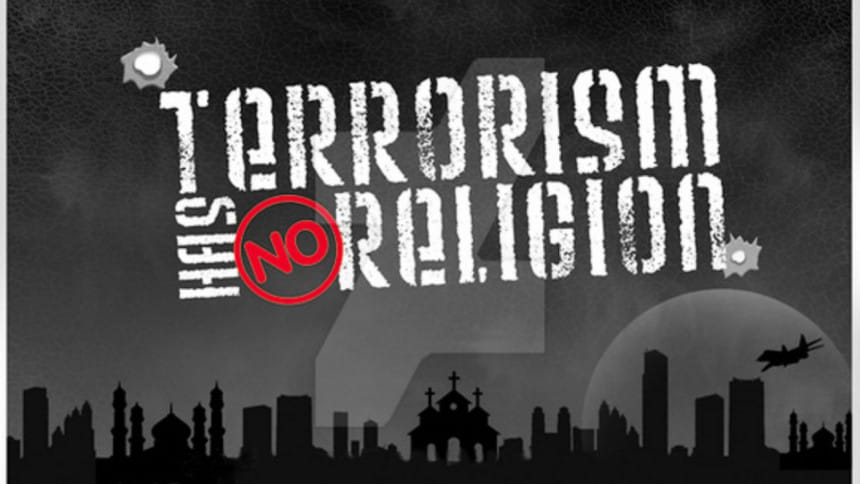
Not only the European Union, but the rest of the world is also beginning to express concern about the spate of killings by extremists in Bangladesh over the last three years. News organisations such as the BBC and CNN feature these killings prominently in their newscasts. The initial killing of bloggers has now escalated into killing of foreign aid workers, religious minorities and academics. In April and May alone, a university professor in Rajshahi, two LGBT activists in Dhaka, a Hindu tailor in Tangail and a Buddhist monk in Bandarban were hacked to death.
Although the so-called Islamic State has claimed responsibility for most of these attacks, the Bangladesh government blames the opposition parties and insists that there is no presence of ISIS in the country. Mere accusations are not enough. If the government has proof that the members of opposition parties are indeed responsible for these heinous crimes, it should arrest and prosecute the perpetrators. Until that happens, one has to take ISIS's claim of responsibility seriously. Brutality is ISIS's modus operandi.
In the aftermath of some of these savage murders, especially that of bloggers, the government seemed to imply that the writings of the victims may have had something to do with their fate. After a horrendous murder, everyone's sympathy and empathy should be focused entirely on the victim and his family. It is unseemly to imply that the victim was somehow complicit in his own murder. It is preposterous to suggest that the murdered minorities were somehow "insulting Islam." Extremists do not seem to understand that the tenets of Islam, the world's fastest growing religion, are far too powerful to be perturbed by the utterances of its detractors. Besides, the holy Qur'an repeatedly states that there is no compulsion in religion.
There is a reservoir of goodwill for Bangladesh in the world. Bangladesh is applauded for spearheading women's empowerment, democracy and communal harmony. As a moderate Muslim-majority nation, Bangladesh is hailed as a paragon not only for other Muslim-majority nations, but also for the developing world as a whole.
Roughly twenty million Bangladeshis are Hindus. Bangladesh has the world's third largest Hindu population, after India and Nepal. There are about a million Buddhist Bangladeshis – ranking Bangladesh among the top fifteen countries in the world in terms of Buddhist population. Bangladesh also has 700,000 Christians among its citizens. Exposure to citizens who practice the world's top four religions - Islam, Hinduism, Buddhism and Christianity – essentially makes Bangladesh a moderate and tolerant nation. This is Bangladesh's most precious heritage. This is what ISIS is attempting to undermine. ISIS terrorists must not be allowed to despoil Bangladesh's communal harmony.
The Muslim world made a huge mistake by considering ISIS as a theological force. One hundred and twenty six top Muslim scholars of the world issued a fatwa in 2014, denouncing ISIS's misinterpretation of Islam. What a waste of time! ISIS does not give two hoots about the fundamental tenets of Islam.
ISIS or many Islamic extremist organisations did not arise out of a theological dispute among Muslims; it arose as a consequence of the Western invasion of the Middle East. The America-led war to oust the Soviets from Afghanistan spawned the Taliban. Gulf War in 1991 hatched al Qaeda, while the Iraq invasion in 2003 sired ISIS. Radical Muslim terror did not exist in the US before the 1991 Gulf War.
The nomenclature "Islamic State" makes many in the West mistakenly believe that ISIS actually represents mainstream Islam. ISIS is a terrorist death cult that has very little to do with Islam. Thus, to win the propaganda war against ISIS, the world should refer to ISIS by its Arabic acronym, "Daesh."
"Daesh" stands for "al-Dawla al-Islamiya al-Iraq al-Sham" (Islamic State of Iraq and the Levant). ISIL or ISIS has threatened to "cut out the tongues" of anyone using the word, because two similar-sounding words, "Daes" (one who crushes something underfoot) and "Dahes" (one who sows discord) are considered derogatory in Arabic.
The terrorist organization Daesh is a transient nuisance; it does not pose an existential threat to the world. Territories under Daesh's control are continually shrinking in Iraq and Syria. Daesh will fail because there are not enough buyers for what it is selling – rape, mindless mayhem and brutality.
Daesh is a bunch of retail terrorists similar to two Muslim terror groups of the past – the "Assassins", who operated in the modern day Iran, Iraq, Syria and Lebanon, and the "Thugs" who terrorised the Indian subcontinent between 1356
and 1870. (An excellent account of the operations of the "Thugs" can be found in Dr. Nazimuddin Ahmed's seminal book, Mrittyudoot, [Agents of Death], The University Press Ltd, 2004). The "Assassins" were obliterated by the invading Mongols, and the "Thugs," regardless of their religion, who were devotees of Hindu goddess Kali, were infiltrated and crushed by the British. Like the "Assassins" and the "Thugs," Daesh will also pass into oblivion, but only if the world stands up to it.
During my visit to Bangladesh in April and May this year, I noticed some reluctance on the part of the general public to confront the menace. The attitude that it does not affect me or my community, which thereby absolves one of one's responsibility to confront these terrorists is a harmful one. This attitude will sadly only act to prolong Daesh's reign of terror. This mindset is reminiscent of the famous saying of Hitler's foe, German Protestant pastor Martin Niemoller, who spent the last seven years of Hitler's rule in a concentration camp: "First they came for the Socialists, and I did not speak out— Because I was not a Socialist./ Then they came for the Trade Unionists, and I did not speak out— Because I was not a Trade Unionist./ Then they came for the Jews, and I did not speak out— Because I was not a Jew./ Then they came for me—and there was no one left to speak for me."
The writer is a Rhodes Scholar.
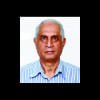
 For all latest news, follow The Daily Star's Google News channel.
For all latest news, follow The Daily Star's Google News channel. 



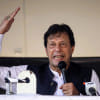
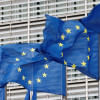
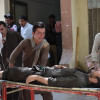


Comments